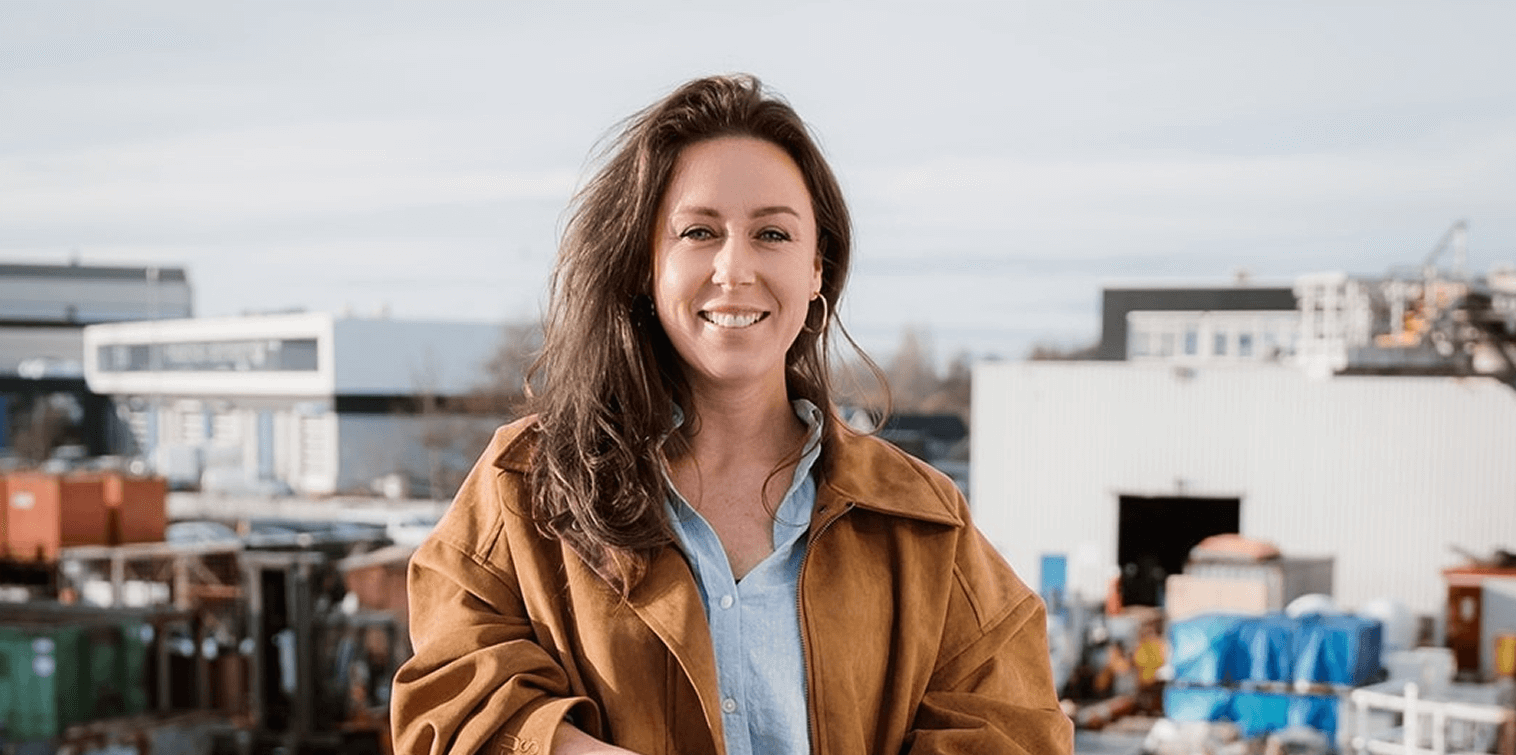Back to overview
Half of Dutch hydrogen projects are located in Rotterdam
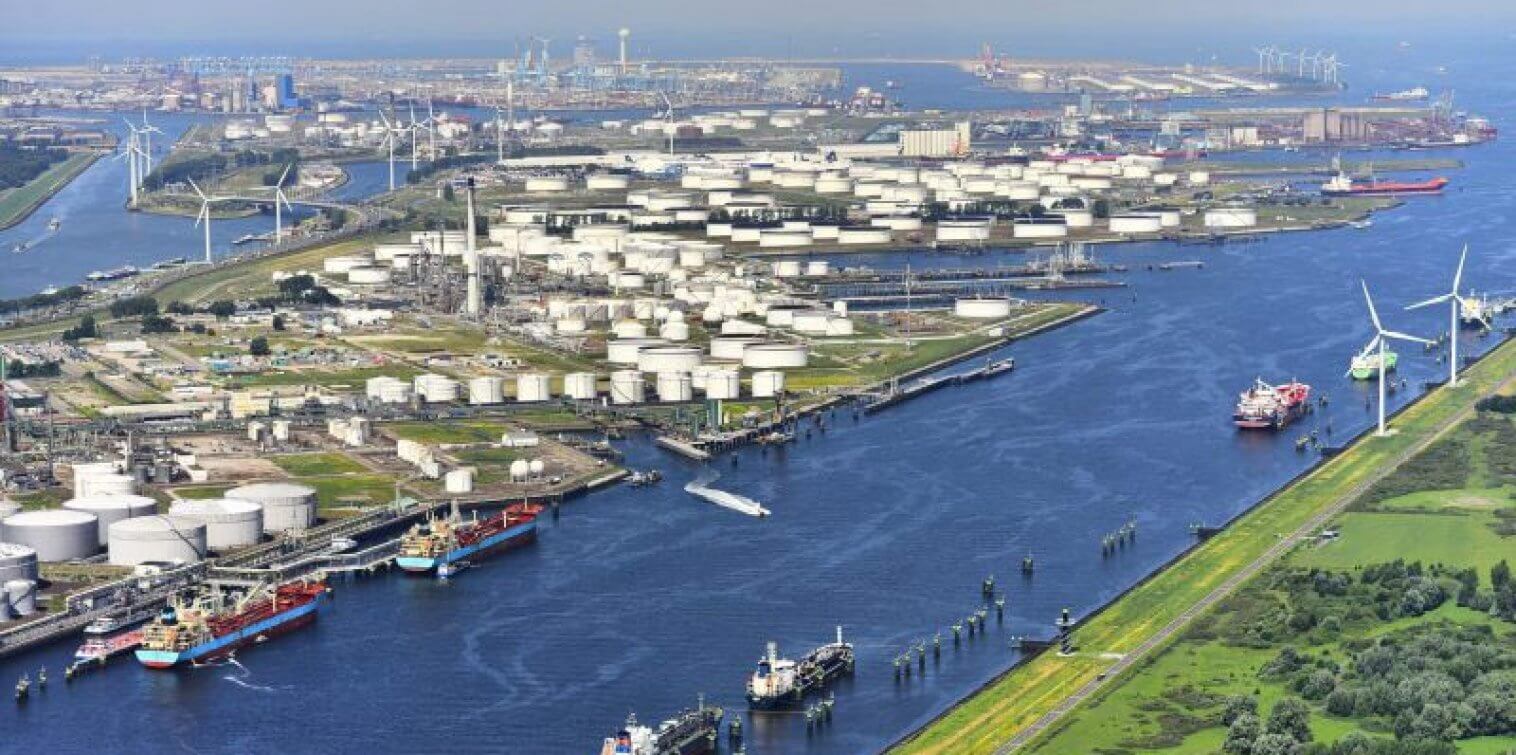
Downloads
Shaping sustainable shipping: innovation, people and partnerships in Rotterdam
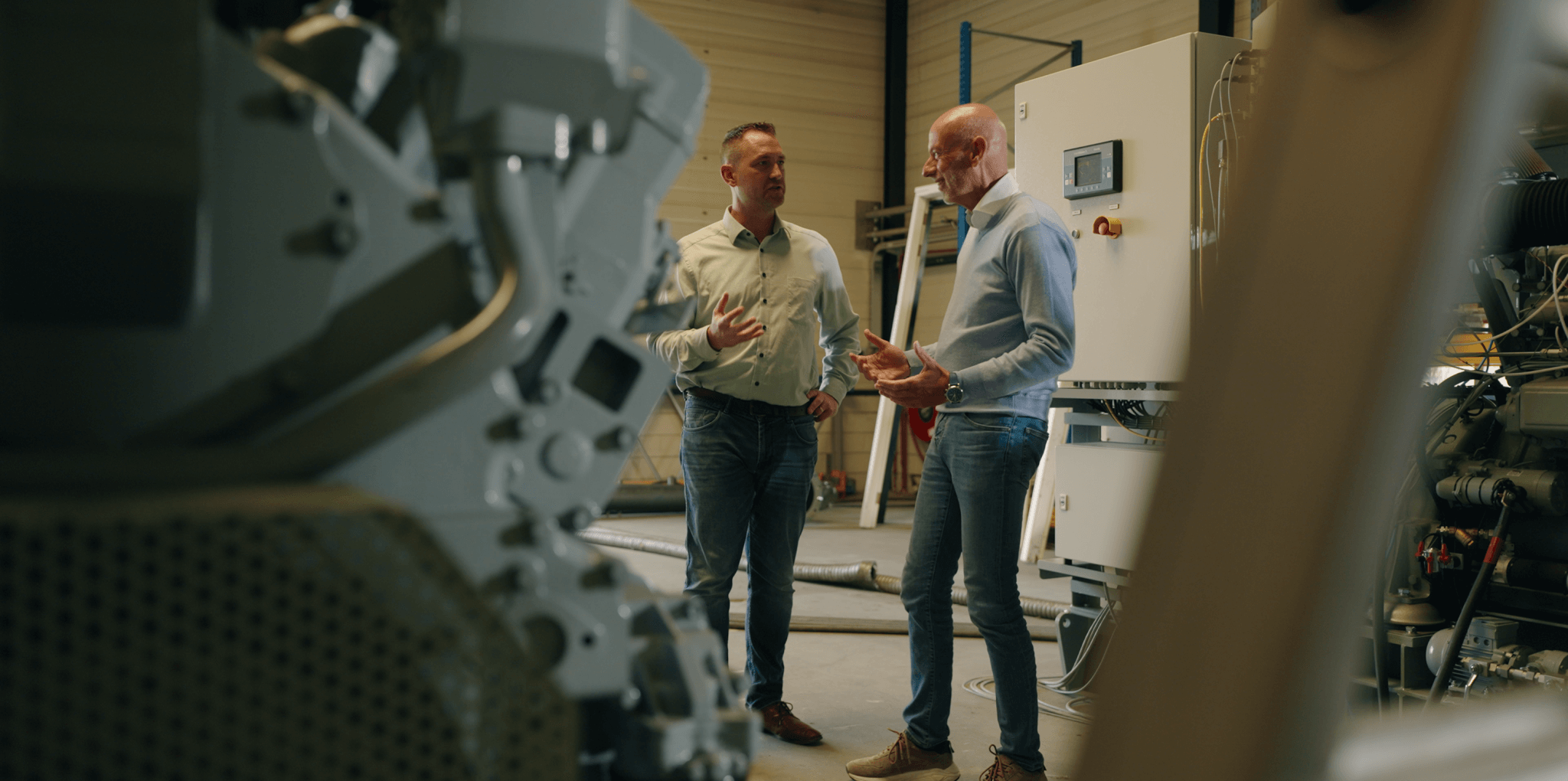

Charting her own course: Heleen Kornet on leadership, legacy and navigating a male dominated maritime world


Innovating inland shipping: how Concordia Damen strengthens the maritime ecosystem from Werkendam to Rotterdam
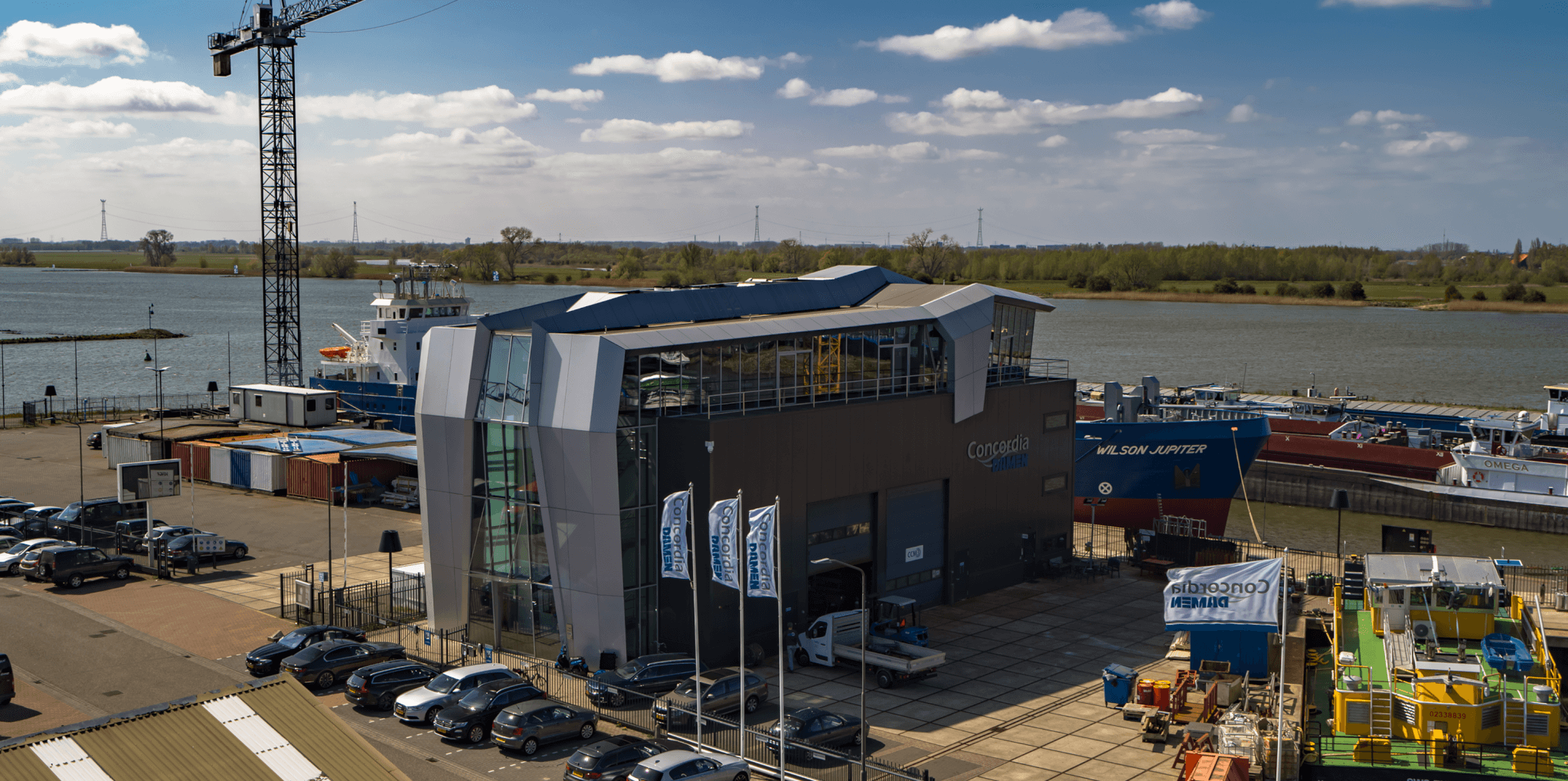

Building smart, specialised vessels: how Holland Shipyards Group turns customer questions into practical innovation
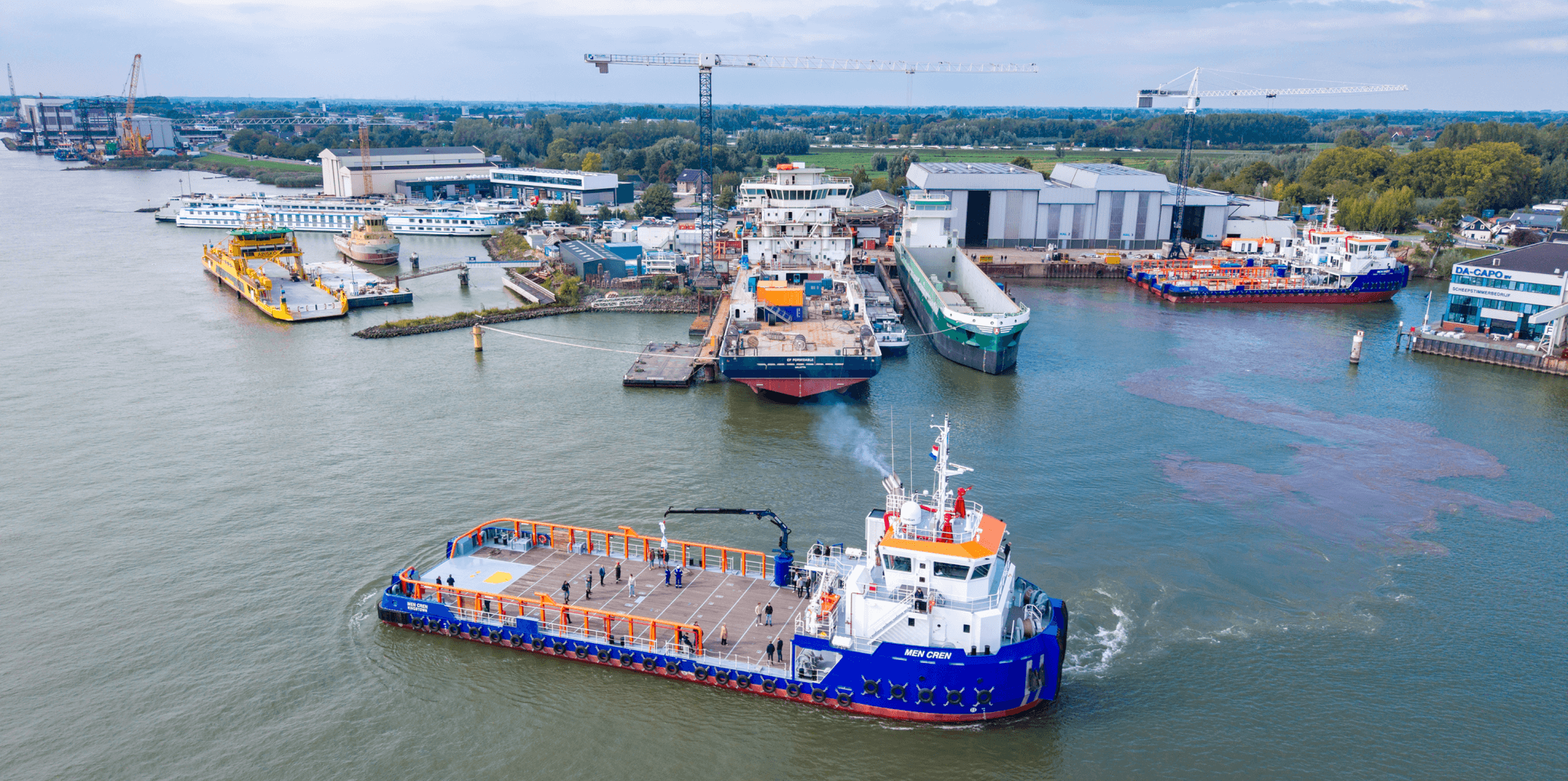

Working with trust and curiosity: Shanna van Berchum on building a career in the maritime industry
